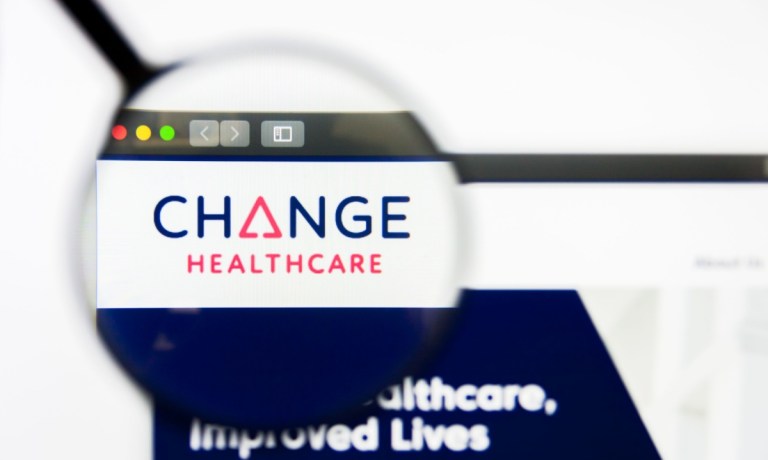The Accelerated and Advance Payment (AAP) Program for the Change Healthcare/Optum Payment Disruption (CHOPD) was launched in March to ease cash flow disruptions experienced by some Medicare providers and suppliers after the cyberattack, the Centers for Medicare & Medicaid Services (CMS) said in a Monday (June 17) press release.
“Our efforts helped minimize the disruptive fallout from this incident, and we will remain vigilant to be ready to address future events,” CMS Administrator Chiquita Brooks-LaSure said in the release.
Since the program’s launch, CMS issued CHOPD accelerated payments totaling $2.55 billion to 4,200 Part A providers, such as hospitals, and CHOPD advance payments totaling $717.18 billion to Part B providers, including doctors, non-physician practitioners and durable medical equipment suppliers, according to the release.
Providers of services and suppliers are now successfully billing Medicare and, so far, CMS has recovered over 96% of these payments, the release said.
After July 12, CMS will no longer accept applications for CHOPD payments, per the release.
Advertisement: Scroll to Continue
“CMS will continue to monitor for other effects of the cyberattack on Medicare providers of services and suppliers and will continue to engage industry partners to address any remaining issues or concerns,” the agency said in the press release.
“CMS encourages all providers of services and suppliers, technology vendors and other members of the health care ecosystem to double down on cybersecurity, with urgency,” it added.
The February cyberattack, which was orchestrated by a ransomware group, compromised electronic pharmacy refills and insurance transactions, impacting healthcare services across the United States.
The disruption led to appeals to the White House for urgent support for those affected.
The CMS enables advance payments from the federal government to Medicare Part A providers and Part B suppliers that face cash flow challenges due to specified circumstances that are beyond their control.
In May, Director of National Intelligence Avril Haines told Congress that companies in the United States emerged as the primary targets for cyberattacks in 2023, with the healthcare sector experiencing a doubling of attacks compared to the previous year.




